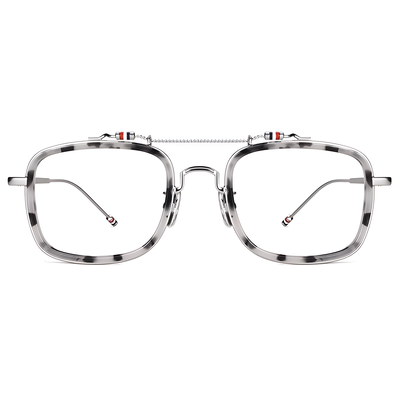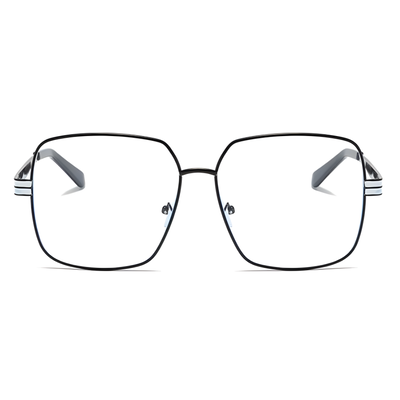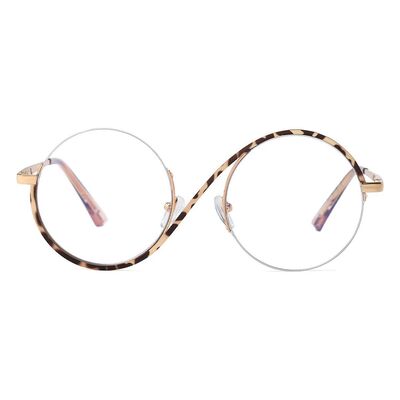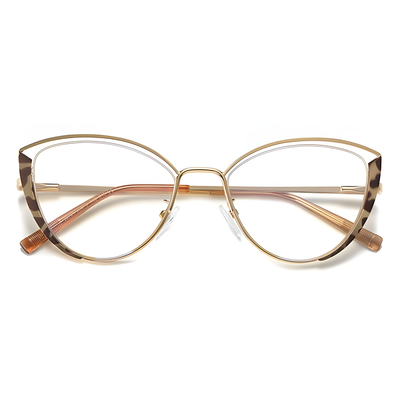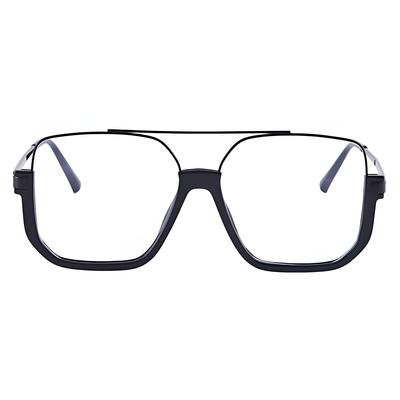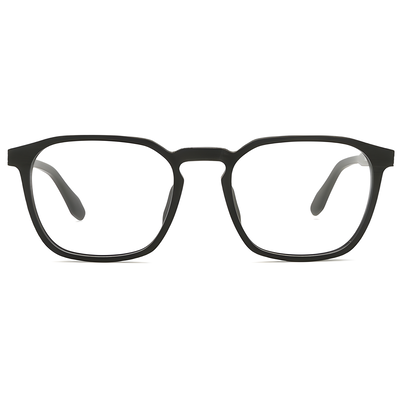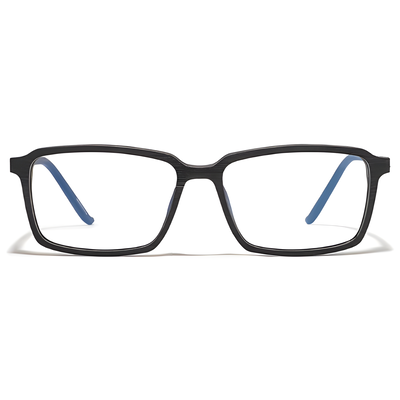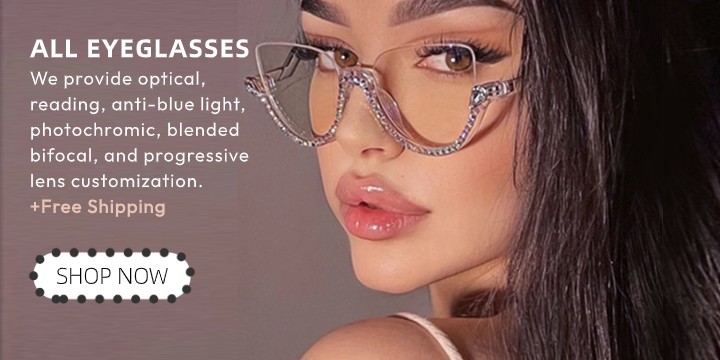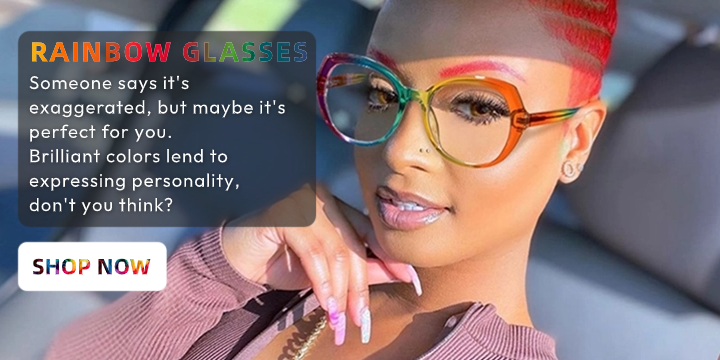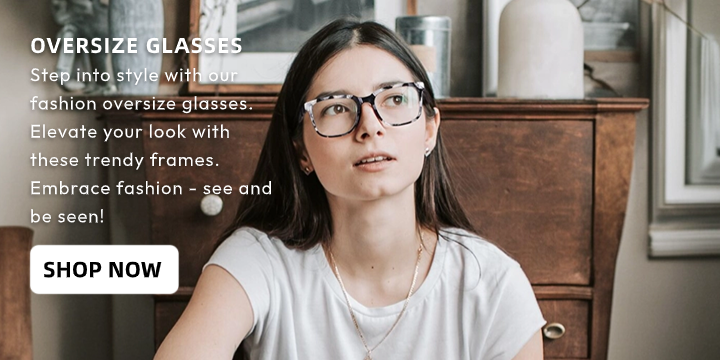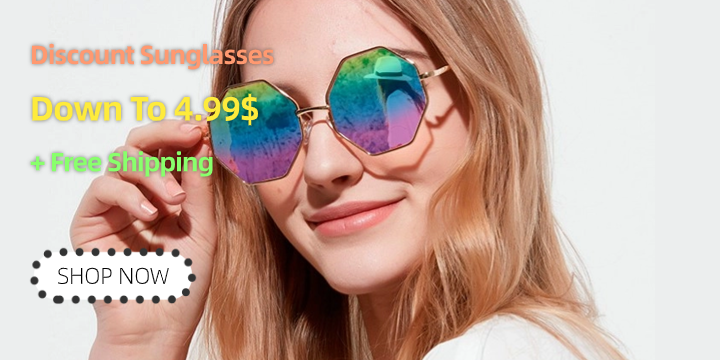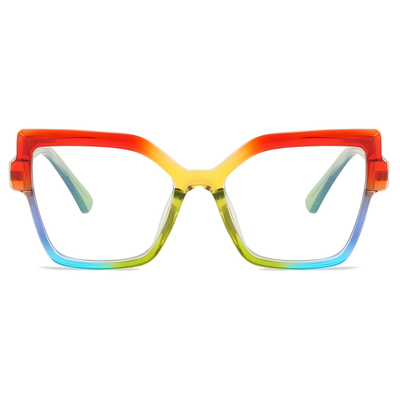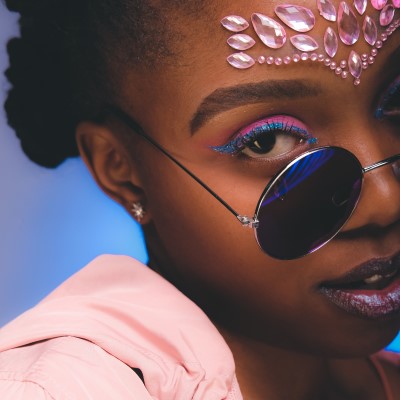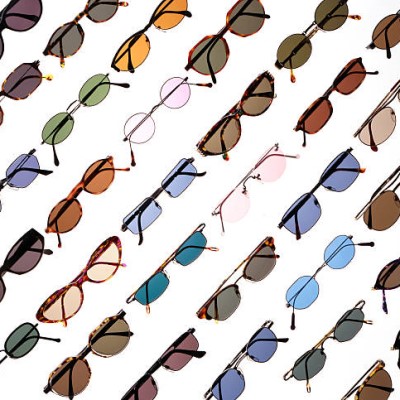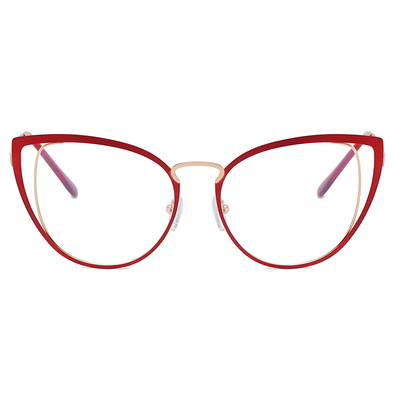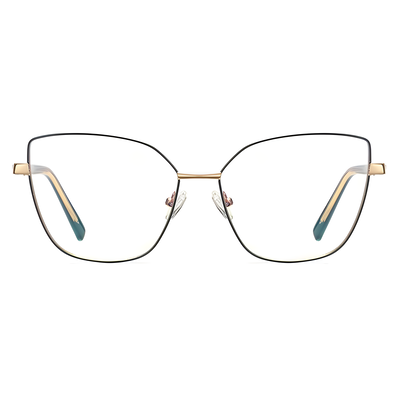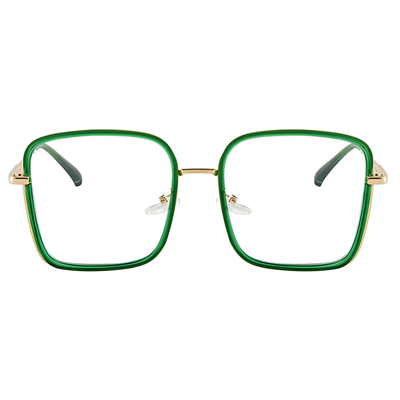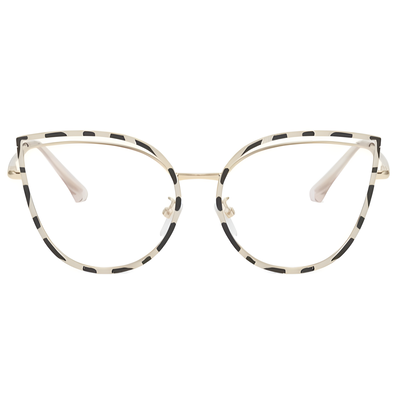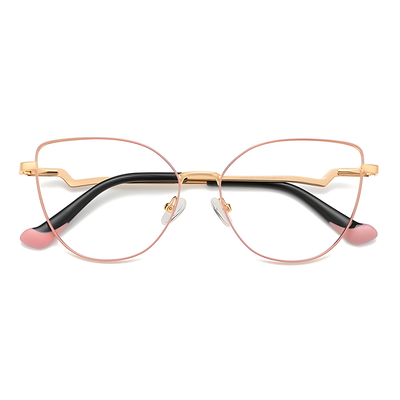Why are my child's pupils always dilated? Can it be dangerous? What should we know about dilated pupils? This article attempts to illustrate these questions in detail.
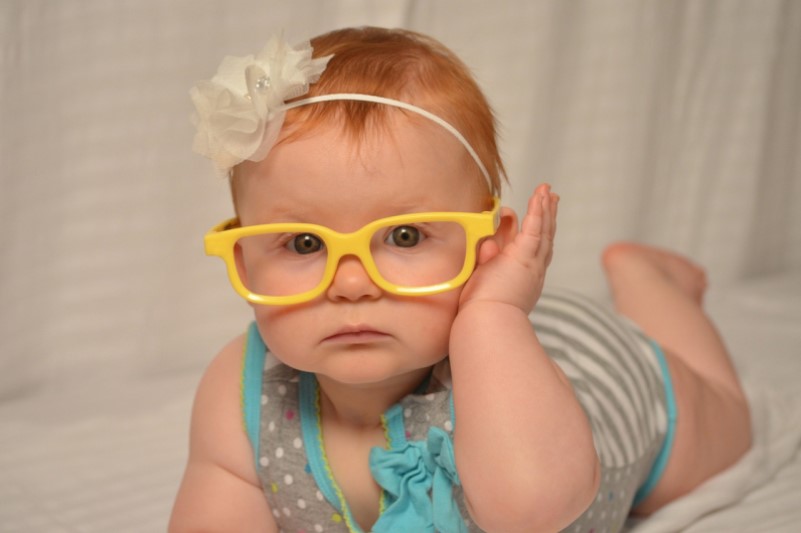
Introduction:
Pupils are the black circular holes in the middle of the eyes that regulate how much light enters the eyes. When the pupils are dilated, they seem to be bigger than usual and allow more light to enter the eye. Generally speaking, children’s pupils are frequently more dilated than those in adults. Most of the time, children’s pupil dilation is normal caused by the changes of light or emotional events. If the outside stimulation is no longer present, it will probably get back. However, some cases of pupil dilation may be caused by medical ailments, which need to pay attention. This article will introduce the causes and symptoms of pupil dilation and illustrate in which cases medical treatments are necessary for our children.

Why Are My Child's Pupils Always Dilated?
The fact that pupils automatically adapt to light and enable us to quickly adapt to our surroundings makes them an extraordinarily useful component of our eyes. Through the control of iris muscles, pupils realize their changes in size. Normally, pupils vary in size depending on how intense the light is surrounding us. When the light is low, pupils will dilate to let lighter in. On the contrary, pupils will contract to let in less light in bright light. The size of pupils may vary from 2-4mm to 8mm in different conditions of light. In addition, there are also some other causes for children’s pupil dilation, which is called mydriasis. The most common causes include:
1. Medicines: Certain medicines can alter the iris muscles and stop them from contracting pupils when light comes into them, including atropine, antihistamines, decongestants, and some medicines for Parkinson, motion sickness, etc.
2. Injuries: Some traumas to the head or eyes may damage the nerves or muscles that control the size of pupils, which may indicate serious injury in some cases.
3. Infections and diseases: Infections such as chickenpox, shingles, conjunctivitis,or uveitis can cause dilated pupils. Some diseases like brain tumors, stroke or migraines are also caused
4. Emotions: Some emotions such as anxiety, shock, fear, or curiosity may also cause changes in pupil size.
5. Eye examination. Some eye examinations need to get pupils dilated by dilating drops to see the back of the eye (retina).
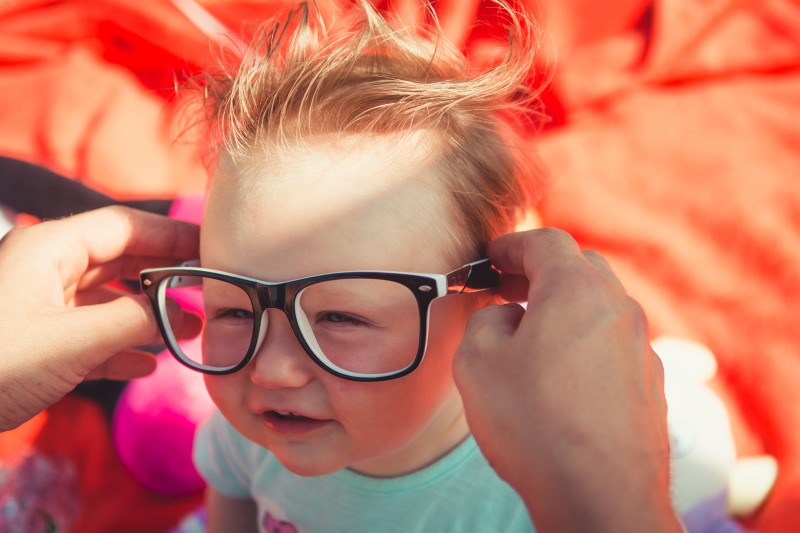
How long will my pupils be dilated?
If pupil dilation is caused by dilating eye dilation drops, it sometimes lasts four to 6 hours for adults and up to 24 hours for children.
If pupil dilation is a consequence of medicine, the duration is based on the type and dosage of the medicine.
If Pupil dilation is a reaction to emotional events, the pupil could return to normal in two to three minutes.
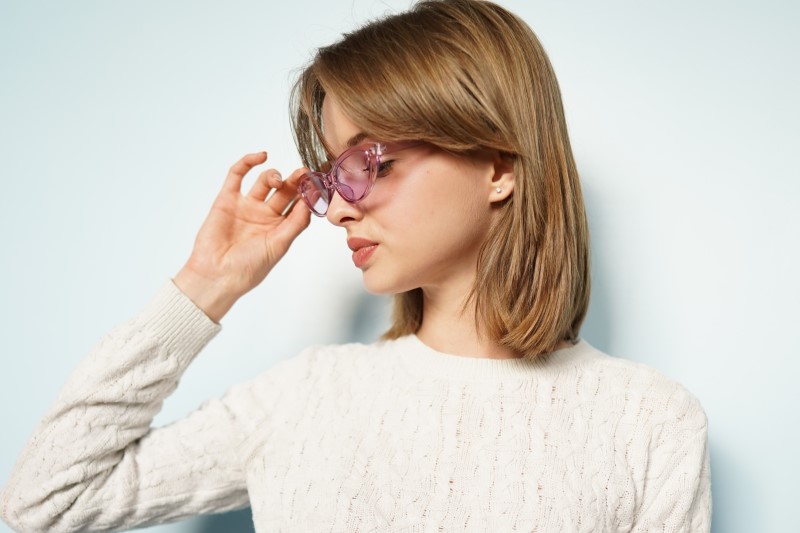
What Are the Symptoms of Dilated Pupils?
It may not be very easy for parents to find the changes in their children’s pupils in daily life. But the children whose pupils are dilated may have some other symptoms which are helpful for their parents to identify the pupil dilation. The symptoms may include:
1. Blurry vision.
2. Headaches.
3. Dizziness.
4. Eye irritation.
5. Light Sensitivity.
6. Nausea.
7. Insomnia.

What Are the Options for Medical Treatment if Necessary?
It's crucial to get your child checked out by a doctor if you observe that their pupils are frequently dilated or if they have any of the symptoms listed above. If the dilatation is only momentary and not accompanied by any other symptoms, no therapy may be required. However, if there are some underlying illness, medical options are as follows:
1. Eye Drops: Eye drops or ointments are usually prescribed to treat eye infections or injuries.
2. Medicines: If the dilation is caused by medicine, the dosage should be changed or an alternative medicine may be chosen.
3. Surgery: If the dilation is extremely serious, surgery may be required to address the potential causes.
4. Wearing Eyeglasses: Sunglasses can help reduce sunlight sensitivity.
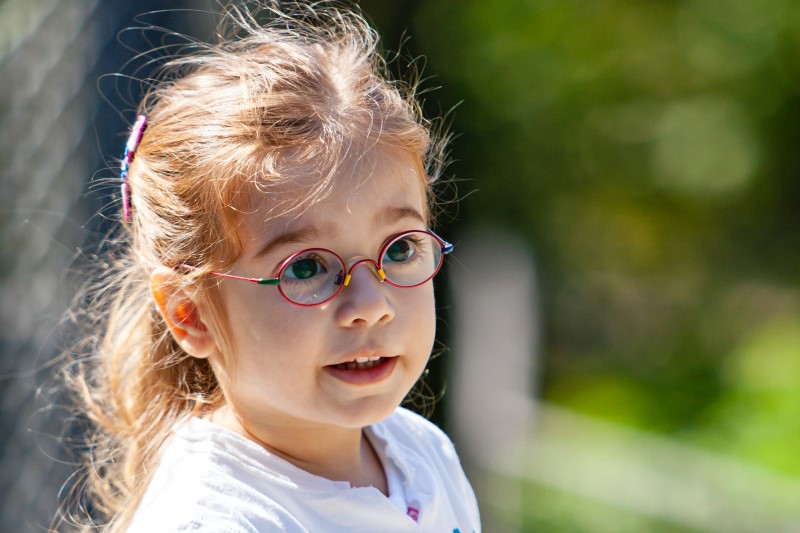
Conclusion
As the evidence listed above shows, there are many causes for pupil dilatation. In most cases, the size of the pupil depends on how much light is required for clear vision. Medicine, injury, inflection, emotion, and so on are also some factors that may have an impact on pupil dilation. Pupil dilation occurs for a variety of reasons. Mostly, pupils change size depending on how much light is necessary for proper vision. Then, when parents ask the question “Why are my child's pupils always dilated?”, we may tell them that children's dilated pupils can be concerning but also be a typical reaction. If children’s pupils are persistently dilated or are coupled with other symptoms, it's crucial to get them checked out by doctors. Doctors will have a thorough examination of children’s pupils to determine whether it is necessary for medical treatment.

